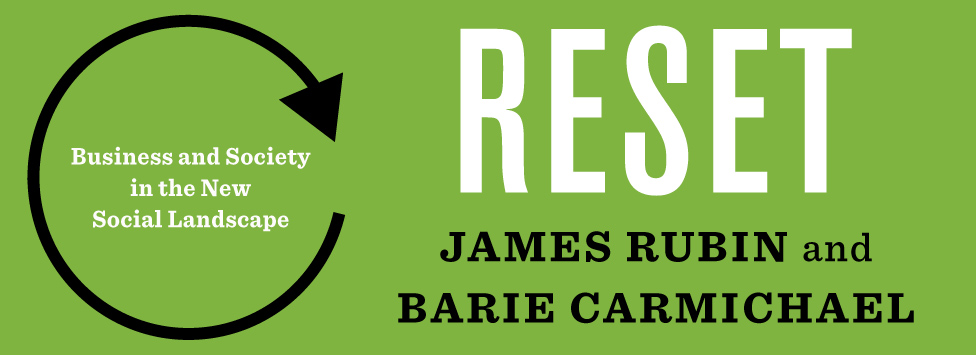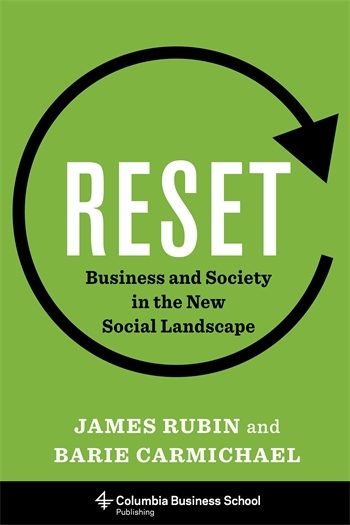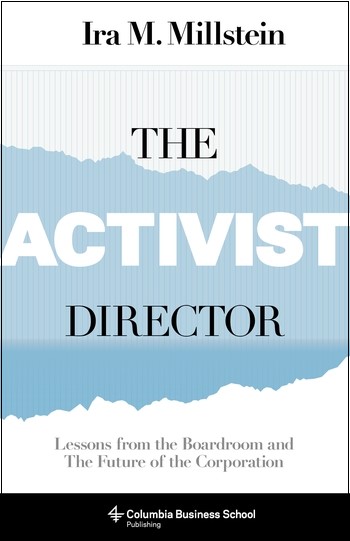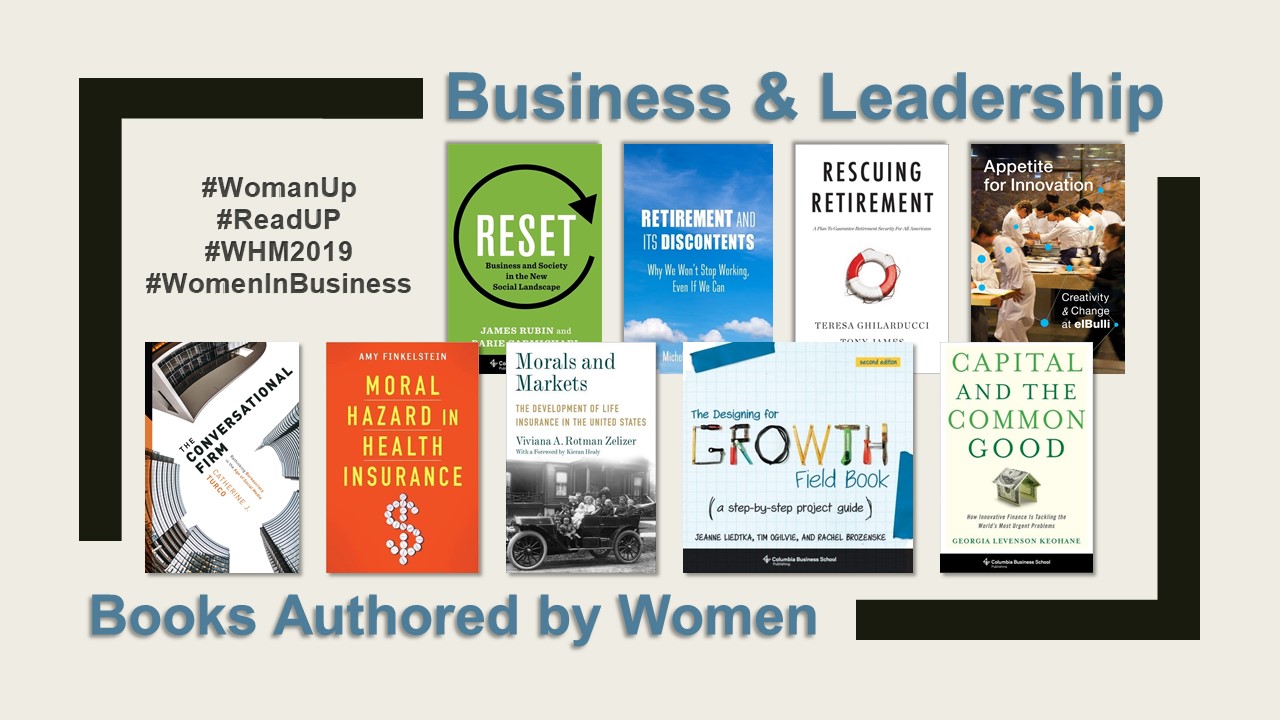Businesses can enact profitable and socially beneficial solutions without needing to enact legislation. And their impact can be transformational. –Barie Carmichael
This week, one of our featured books is Reset: Business and Society in the New Social Landscape, by James Rubin and Barie Carmichael. In response to the Parkland shootings, some companies have been receiving social pressure to end their relationship with the NRA. In today’s post, Barie Carmichael discusses the growing trend for companies to join in advocacy efforts with the public. This post originally appeared on bariecarmichael.com .
Join Barie Carmichael on Facebook Live tomorrow for a conversation about meeting business objectives through social purpose.
March 22, 6:30 pm – 7:30 pm
Register at: www.facebook.com/PRSAEA
Remember to enter our
book giveaway by Friday at 1 PM for a chance to win a free copy!
• • • • • •
Maybe breaking up isn’t so hard to do after all.
Within a few hours, a growing list of businesses — First National Bank of Omaha, Symantec, SimpiSafe, and Enterprise Holding, parent company of car rental brands Enterprise, Alamo, and National — have severed programs with the National Rifle Association (NRA), responding to escalating public protests on the association’s positions following the Parkland, Florida School shooting. This is not an isolated event. It is yet another example of a fundamental reset in the relationship between business and society.
Much has been written about the decades-old decline in the public’s trust of big business. That is old news. What is new, on a global scale, is the public’s growing expectations for business to both be profitable AND benefit society.
In APCO Worldwide’s newly released 2017 study of hyper-aware, influential consumers, a stunning 93% said that the best companies are those who do good for their shareholders while also doing good for society. And 77% said they would admire a company more that uses its business interest and expertise to address a social problem than a company that donates to a worthy charity. This is not philanthropy. It is a new way of doing business.
In the new social ecosystem’ s polarized environment, there will certainly be a counter punch to these positions taken. What is indisputable, however, is that today a frustrated, restless public is seeking solutions to pressing social needs in an era when government and political leaders have become unwilling or unable to act. And businesses are increasingly becoming part of the solution in a joint advocacy with the public.
Witness the role of Eli Lilly, Levi Strauss and NASCAR threatening to curtail business in Indiana in protest of Indiana’s Religious Freedom Restoration Act signed by then governor Mike Pence. Similarly, North Carolina’s transgender bathroom law cost the state an estimated $80 million in lost business.
Businesses can enact profitable and socially beneficial solutions without needing to enact legislation. And their impact can be transformational.






